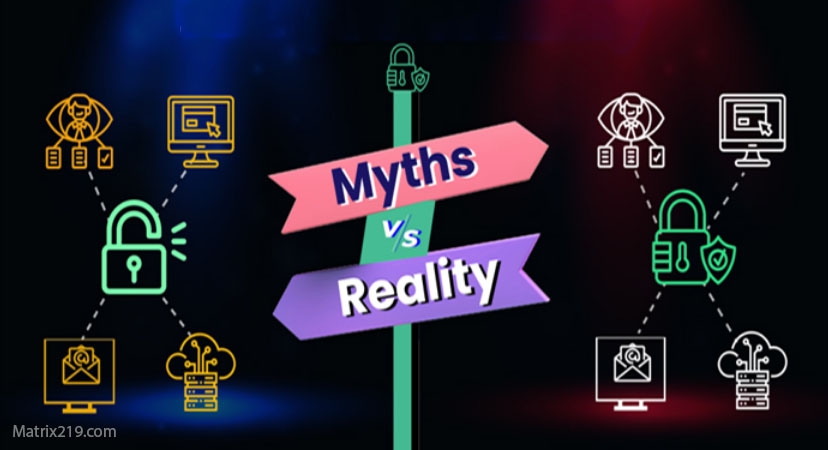Quick Navigation
hire a hacker for WhatsApp: what this search is really about
When users search for hire a hacker for WhatsApp, they are usually not looking for a technical explanation.
Instead, they are trying to understand whether such access is realistically possible, legally acceptable, or simply a myth.
In most cases, the search reflects uncertainty rather than intent. People want clarity, reassurance, or confirmation about digital activity that feels unfamiliar or suspicious.
This section addresses that intent directly, without exaggeration, promotion, or fear-based framing.
Why this query appears so often
Several common situations explain why this search term continues to appear.
Account security concerns
Some users notice unexpected verification messages, forced logouts, or unfamiliar devices linked to their accounts.
Relationship-related doubts
Others suspect hidden conversations or deleted messages and look for technical answers instead of personal discussion.
Loss of access
Failed login attempts after device or number changes often lead users to believe unofficial help is required.
Although these scenarios differ, they all rely on the assumption that private messaging systems can be bypassed quietly.
The misunderstanding behind the wording
What users actually want is certainty.
What they search for suggests unauthorized access.
Understanding this gap is essential before evaluating feasibility.
How modern phones and messaging systems are secured
Modern smartphones and messaging platforms rely on layered security architectures.
Each layer exists to prevent exactly the type of access implied by many online claims.
Device-level security protections
Every modern smartphone includes several built-in safeguards.
Application isolation
Apps operate in restricted environments and cannot freely access each other’s data.
Full-disk encryption
Stored data is encrypted using hardware-backed keys, not simple passwords.
Secure authentication
PINs, passwords, biometrics, and trusted execution environments work together.
Because of these protections, remote access without physical interaction is highly constrained.
Messaging platform design principles
Messaging services such as WhatsApp rely on end-to-end encryption as a core principle.
Message confidentiality
Only the sender and recipient devices can decrypt message content.
Server limitations
Servers handle message delivery but cannot read conversations.
Key ownership
Encryption keys are generated and stored on user devices.
This architecture directly limits third-party access.
Active monitoring and anomaly detection
Platforms continuously monitor for irregular behavior.
-
New device logins require verification
-
Session changes trigger alerts
-
Suspicious activity can lead to temporary restrictions
Silent access attempts are therefore difficult to sustain.
Legal boundaries surrounding phone and account access
Even if technical barriers did not exist, legal restrictions would still apply.
Unauthorized access laws
In many jurisdictions, accessing a device or account without permission is a criminal offense.
Computer misuse legislation
Unauthorized access is illegal regardless of intent.
Privacy and communications laws
Reading private messages without consent may violate surveillance regulations.
Cross-border implications
Online actions often involve multiple legal jurisdictions.
Personal motivation does not override legal responsibility.
The role of consent
Consent determines legality.
-
Accessing your own account through official recovery tools is lawful
-
Accessing someone else’s account without permission is not
Relationships alone do not grant automatic access rights.
Professional and ethical constraints
Legitimate cybersecurity professionals operate under written authorization.
Understanding ethical boundaries in cybersecurity is fundamental to lawful practice.
Common claims made by “hacker for hire” sources
Despite legal and technical realities, many online sources advertise private access services.
Typical promises used
These claims tend to follow similar patterns.
Guaranteed timelines
Promises such as rapid or instant access are common.
No device interaction
Services often claim the phone itself is unnecessary.
Complete secrecy
They suggest the account owner will never notice.
Each of these claims conflicts with documented system behavior.
Why these claims are unreliable
Several warning signs appear consistently.
Technical contradictions
Remote access without user interaction conflicts with encryption models.
Lack of accountability
Anonymous services rarely provide verifiable credentials.
Financial risk
Irreversible payment methods are frequently requested.
Many users report financial loss or repeated fee demands.
Additional risks for the requester
Engaging with these services can introduce new problems.
-
Exposure to fraud
-
Risk of blackmail
-
Malware targeting the requester’s own device
In many cases, the attempt to gain security results in less of it.

What people are actually trying to solve
Understanding the underlying problem helps identify safer solutions.
Uncertainty about account safety
Some users want to confirm whether their account was compromised.
Reviewing account security fundamentals such as active sessions and login history often provides clarity.
Difficulty recovering access
Others are locked out due to number changes or device loss.
Official recovery tools are designed for these scenarios.
Trust and personal concerns
In relationship-driven cases, technical surveillance rarely resolves emotional uncertainty.
Non-technical solutions often address the real issue more effectively.
Legitimate options that align with platform rules
When concerns are valid, official tools exist.
Reviewing account activity
Users can examine recent activity and connected devices.
Session management
Active sessions can be reviewed and closed.
Credential updates
Changing passwords invalidates previous access.
Additional safeguards
Two-step verification strengthens protection.
These steps address real risks without legal exposure.
Recovering lost access
Recovery follows defined procedures.
Identity verification
Verification codes and recovery checks confirm ownership.
Carrier-related issues
Number reassignment problems are often resolved at the provider level.
While slower than promised shortcuts, these methods are lawful and effective.
Professional observation from real-world cases
In many real scenarios, individuals seeking hidden access are not focused on messages.
They are seeking certainty during stressful periods.
Once people understand legal risks of unauthorized access and platform security models, most reconsider unsafe approaches.
Education, not intrusion, resolves the majority of cases.
Platform enforcement and consequences
Messaging platforms enforce their rules consistently.
Enforcement mechanisms
Violations trigger automated and manual actions.
Account suspension
Unauthorized behavior can result in permanent bans.
Device restrictions
Devices associated with suspicious activity may be blocked.
Evidence retention
Activity logs may be preserved for compliance purposes.
These outcomes apply regardless of personal motivation.
Why exceptions are not made
Allowing private access would undermine user trust.
For this reason, platforms do not provide hidden access outside formal legal processes.
Reference concepts for deeper understanding
Many misconceptions disappear once users understand messaging platform security models and digital privacy laws in practice.
A clear explanation of end-to-end encryption also helps explain why message interception claims persist despite being unrealistic.
Frequently Asked Questions
Can someone access a WhatsApp account without the phone?
No. Device verification and encryption prevent silent remote access.
Is it legal to read someone else’s messages?
In most jurisdictions, accessing messages without consent is illegal.
How can I check if my account is compromised?
Review active sessions and recent security notifications.
What should I do if I lost account access?
Use the platform’s official recovery and verification process.





